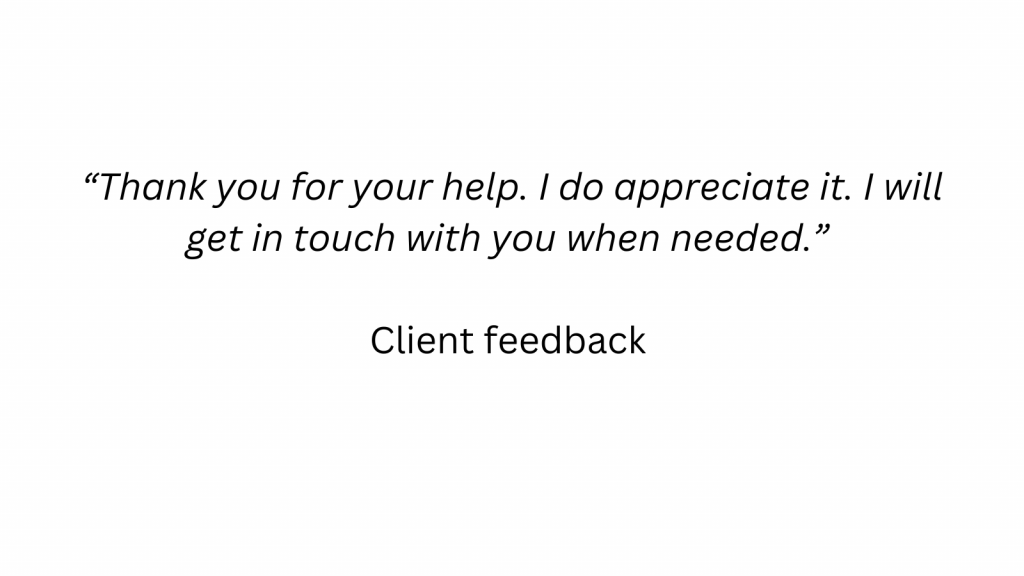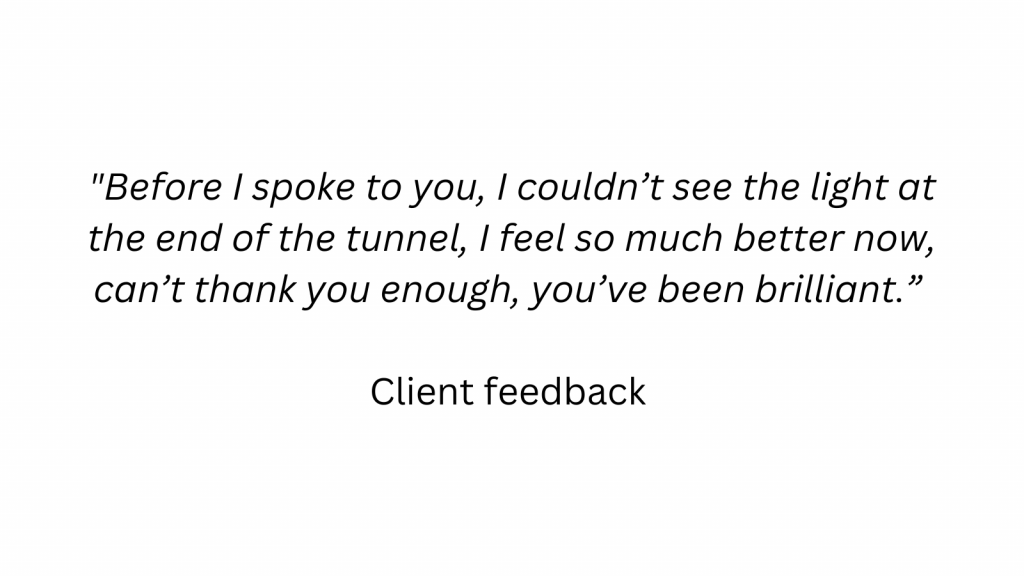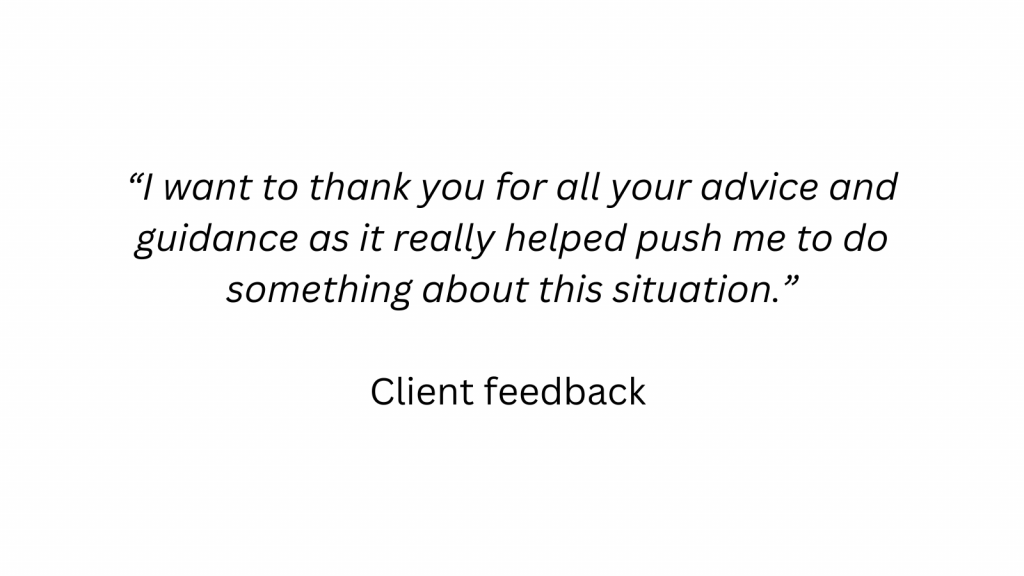Supporting money and mental health needs though casework
Charlene Marks, who leads Mental Health UK’s, Mental Health and Money Advice Service, one of National Debtline’s casework partners, shares her insight into how the partnership is helping people with money and mental health problems.
Posted May 13, 2024
Last year, National Debtline launched a new partnership offering telephone casework to clients for the first time. The partnership was part of major enhancements to National Debtline announced as its contracts with the Money and Pensions Service went live.
Charlene Marks, who leads Mental Health UK’s, Mental Health and Money Advice Service, one of National Debtline’s casework partners, shares her insight into how the partnership is helping people with money and mental health problems.
Money worries can have a detrimental effect on a person's mental health. In the UK, it is estimated that 50% of people in debt also experience a mental health problem; and one in five people experiencing a mental health problem also experiences money issues. Since February 2023 we have worked with National Debtline to support people contacting the service who either have pre-existing mental health difficulties and struggle with their finances, or who have financial difficulties that have impacted their mental wellbeing.
The service allows National Debtline clients to be referred to our specialist team who are on hand to offer support and expert guidance, allowing them the time and space they need.

How does the service work and who does it help?
Referrals are made by National Debtline advisers if they assess that a client who has mental health difficulties would benefit from a casework approach. This is done through a simple referral pathway via an online portal. Advisers book clients in, directly with one of our money advisers, confirming a date and time of a telephone appointment that is suitable for the client. Referrals are booked up to seven days ahead, to ensure enough people can get appointments, whilst balancing this against the need for appointments to happen sooner rather than later.
The referral process has been made as simple as possible with a referral form sent over in advance to help the caseworker tailor support to the client’s needs. This includes details about what impact any health issues are having on their ability to communicate with the adviser or interact with third parties such as creditors.
Since the service launched, we have found that:
- Nearly seven in ten (67%) of the people helped were reliant on benefits as their income source and a further 4% were reliant on their pensions.
- Of those who answered details on their economic status, one in four (26%) were in work, of which 37% were in part time work, 61% in full time work and a small percentage were on zero hours contracts.
- Two in three (66%) were unfit for work.

What are the benefits of this approach?
Our Mental Health and Money Advice team are experts in supporting clients at a pace that suits them, by offering as many interactions as they need. We know people experiencing mental health issues may struggle to engage, so we have made the process as simple as possible. This includes creating online forms for clients to complete, such as an online financial statement sent to the client to complete at in their own time. Open Banking allows us to support clients, with their consent, to get their actual spend from bank statements. We also support clients by dealing directly with creditors on their behalf.
The team works holistically, with a focus on supporting clients’ financial and mental health issues. This includes access to a range of support tools. We can refer into other services within Rethink, such as the Rethink Advice and Information Service, which offers specialist advice on mental health, social care and carer’s rights.

What have you learned since the service launched?
Our experience has shown us that good quality referrals create a high level of engagement from a client at the outset of their journey with us. Since the service launched, we have worked closely with National Debtline, who briefed their advisers and ensured staff undertook training in mental health awareness, to ensure good quality referrals into the service. This has helped increase engagement levels, which means that clients pro-actively engage in the support offered We know the effect that poor mental health can have on someone dealing with their finances, and so we make it clear the benefit of our service when someone engages with us. For example, the client gets a named caseworker who can liaise with creditors, with their consent. This increased level of support aids engagement, as the client knows they can contact us easily should they need to.
The service is continually reviewed and improvements made. Improvements so far include implementing Open Banking to allow clients to share their information with us, subject to their consent, much more easily. As we begin year two, one area of focus is improving the response rate to client surveys, which provide crucial feedback we use to further shape the service.
Our clients have told us the real difference the support we have given them has made to their lives. I am proud of the work of the team over the past year who have helped 462 clients with over 3,700 hours of advice and achieved £368,000 in financial outcomes.
One notable success of the last year was the support we offered to a client who had multiple mental health diagnoses and was struggling with debt, including debts incurred through financial abuse. With the support of our service, we helped the client become free of debt totaling over £26,000. The client was incredibly grateful for our support, which has allowed them a fresh start.
Monday 13 – Sunday 19 May is Mental Health awareness week. Find out more about this year’s theme: moving for your mental health.
As part of Mental Health Awareness Week, the Money Advice Trust is jointly hosting a free webinar on Navigating Mental Health and Finances on Wednesday 15th May.
Charlene leads the Mental Health and Money Advice service at Mental Health UK, the first UK-wide service aimed at improving both financial and mental wellbeing. Charlene is responsible for overseeing the service as well as designing and implementing advancements to it. Prior to joining Mental Health UK, Charlene had spent over 16 years in the charity sector.. View all posts from Charlene Marks.